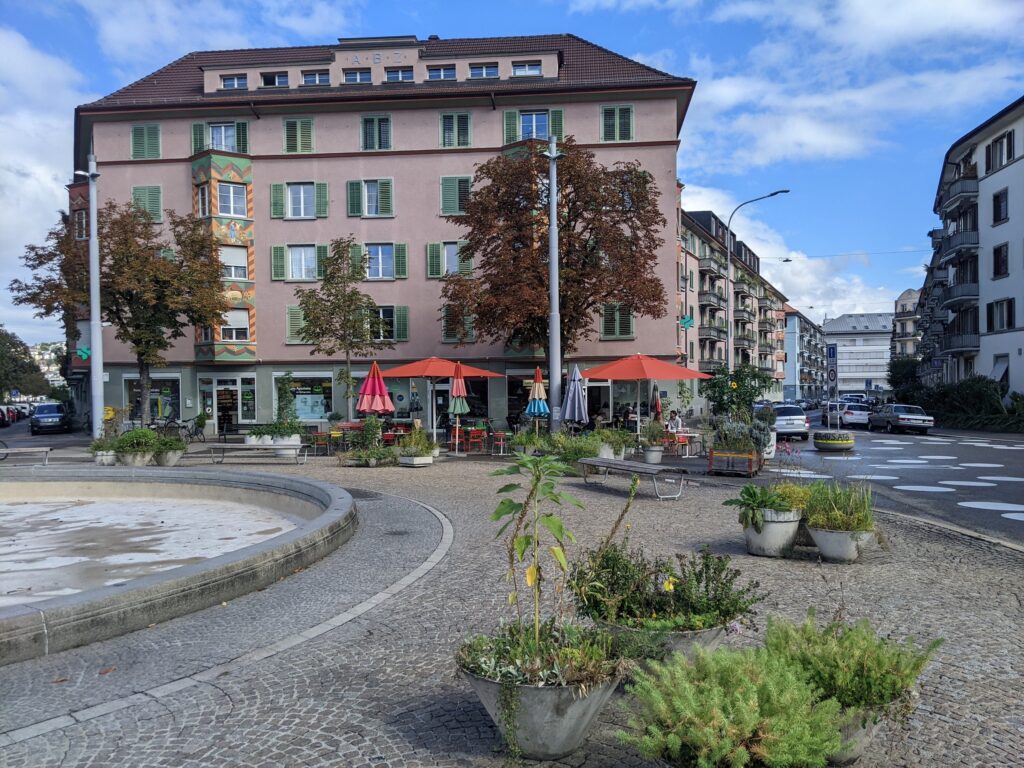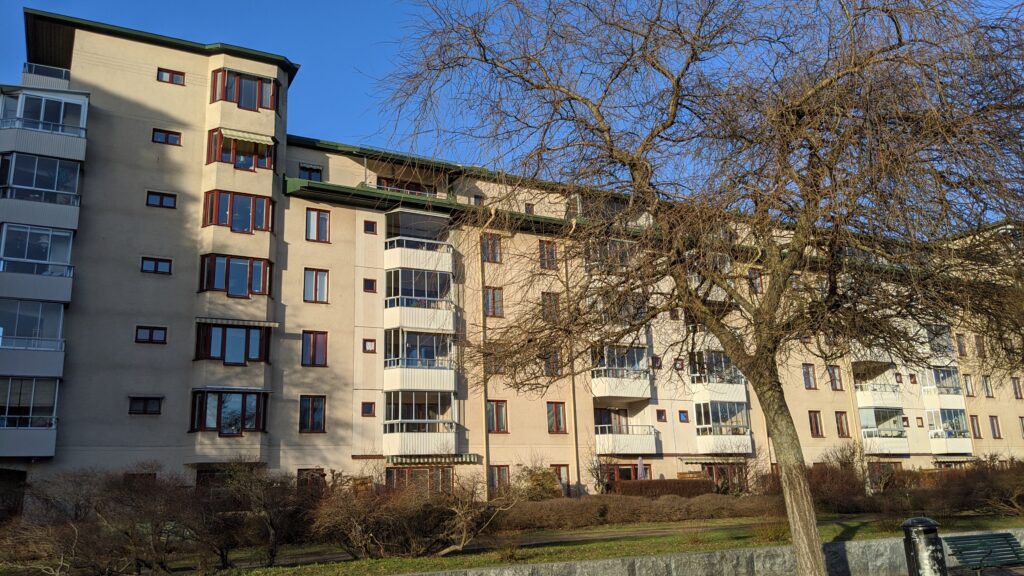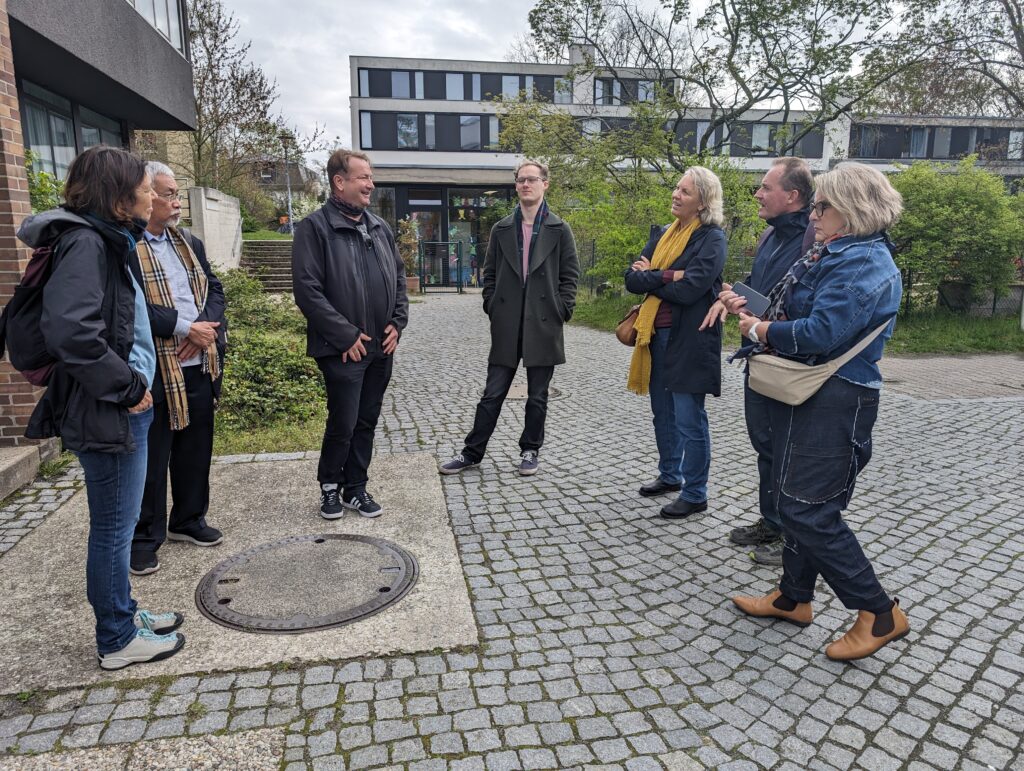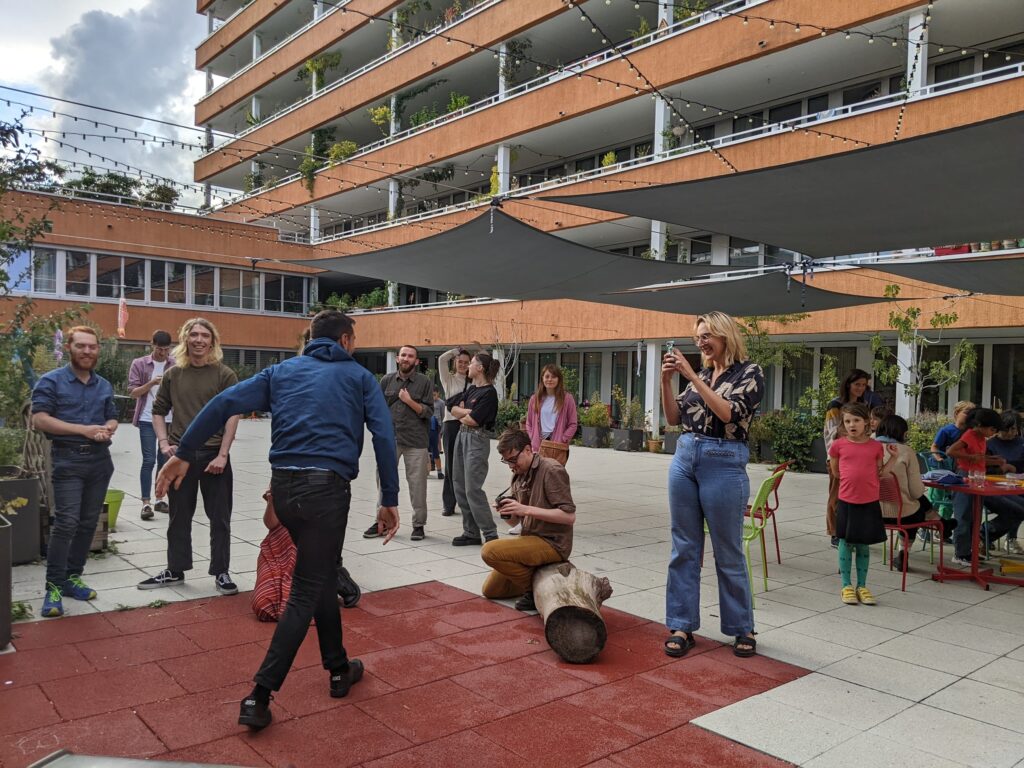Housing Cooperatives and the Cooperative Principles
What is a housing cooperative?
A housing cooperative is a legal association created to provide ongoing housing for its members. The members own and control the cooperative directly. What sets it apart from other housing associations is its unique ownership structure and its commitment to cooperative principles.
Values
Housing cooperatives exist for their members’ mutual benefit. They share with other cooperatives the values of individual responsibility, mutual help, democracy, equality, equity, and solidarity. They should conduct themselves honestly and openly.
Principles
Cooperative principles form the foundation of how housing cooperatives operate. First and foremost, they reflect core values such as self-help, responsibility, and mutual support. When applied to housing, these principles shape how cooperatives are owned, managed, and governed. As a result, residents maintain control over their homes, decisions follow a democratic process, and the cooperative functions to serve its members—not to maximize profit. Ultimately, these principles foster stable, community-driven housing built on fairness and accountability.
Open and Voluntary Membership
Cooperative housing welcomes anyone who benefits from the housing and is willing to take on the responsibilities of membership. By actively promoting membership across the community, cooperatives work to ensure equal opportunities for everyone.
Recruitment practices reject all forms of discrimination—whether intentional or not—based on race, colour, sex, language, religion, political beliefs, national or social origin, age, family status, birth, or disability. To support fairness, some cooperatives offer targeted programs for individuals or groups facing financial or social hardship, helping them secure housing on equitable terms.
Cooperatives identify and remove barriers—whether physical, administrative, or policy-based—that prevent people from joining or participating. As a result, every member gains a fair opportunity to engage fully in cooperative life.
Equally important, people with disabilities or other specific needs participate actively in cooperative housing. Co-ops adjust their buildings and operations, where possible, to support full involvement in daily activities and decision-making processes.
Finally, cooperative housing operates on the principle of voluntary participation. People choose to join because the model suits their needs. No one is pressured into membership, and individuals are free to leave with reasonable notice.
Democratic Control by Members
Housing cooperatives are owned and governed by the people who live in them. To maintain this principle, non-member households should be limited.
Each member holds an equal vote, regardless of their share or length of tenure. Membership should be structured to support broad, balanced participation across the cooperative.
Transparent communication and open access to information help strengthen democratic control. Members are encouraged to engage in decision-making and cooperative activities on equal footing.
Additionally. federations or associations of housing cooperatives should also be governed democratically, with authority resting in the hands of their member organizations.

Members’ Economic Participation
Members contribute equitably to the capital of their housing cooperative and share the results of its operations on a fair basis. The cooperative allocates surpluses to ensure no individual benefits at the expense of others. A portion of the capital supports the cooperative’s long-term goals. Surpluses are used to:
-
Expand the cooperative’s operations
-
Improve and maintain member services
-
Distribute returns based on member use
-
Support the broader development of cooperative housing

Autonomy and Independence
Housing cooperatives operate as independent organizations under the control of their members. When entering agreements with governments or other entities, they do so voluntarily and on terms that preserve their autonomy.
Education, Training and Information
Strong housing cooperatives prioritize ongoing education for members, directors, and staff. By investing in training, they promote responsible governance, strengthen commitment, and build the skills needed to manage and grow the cooperative. In addition, outreach to youth, opinion leaders, and the broader public helps raise awareness of the cooperative model and its practical benefits. Together, education and outreach lay the foundation for a more resilient and well-informed cooperative community.
Cooperation among Cooperatives
Federations of housing cooperatives, ranging from local to international levels, play a key role in strengthening solidarity within the movement. In addition, housing cooperatives build alliances with other sectors—such as consumer, worker, and producer co-ops—to support the growth of a broader cooperative economy. Moreover, many housing co-ops contribute to global development by sharing knowledge and offering direct assistance to cooperative initiatives in other countries.
Concern for Community and Future Generations
Meeting members’ housing needs means more than providing shelter. Cooperatives aim to offer secure tenure, well-managed buildings, and safe neighbourhoods, along with fair pricing and quality services. Strong communities form when members support one another and uphold mutual respect.
In addition, housing cooperatives recognize their role in the broader community and their duty to future generations. They lead by example in environmental responsibility—through sustainable design, energy efficiency, and climate resilience. Many contribute to their neighbourhoods through public green spaces, community services, and fair employment practices.
By managing resources responsibly, housing cooperatives build lasting value. Their long-term perspective helps ensure that future members can benefit from the same stability and community.
Looking Ahead
The Rochdale principles continue to provide a strong foundation for solidarity and democratic practice. Beginning with a single building and extending to international networks, housing cooperatives offer a meaningful counterweight to social dislocation and economic instability. As a result, their success illustrates how cooperation can address urgent housing needs while also reinforcing the social fabric.
Moreover, pilot initiatives around the world highlight the potential of housing cooperatives to cross national boundaries and deliver practical, lasting solutions. Rooted in the belief that “housing is a human right,” the cooperative model offers a powerful way forward—helping to build more livable, connected societies, both now and for future generations.








